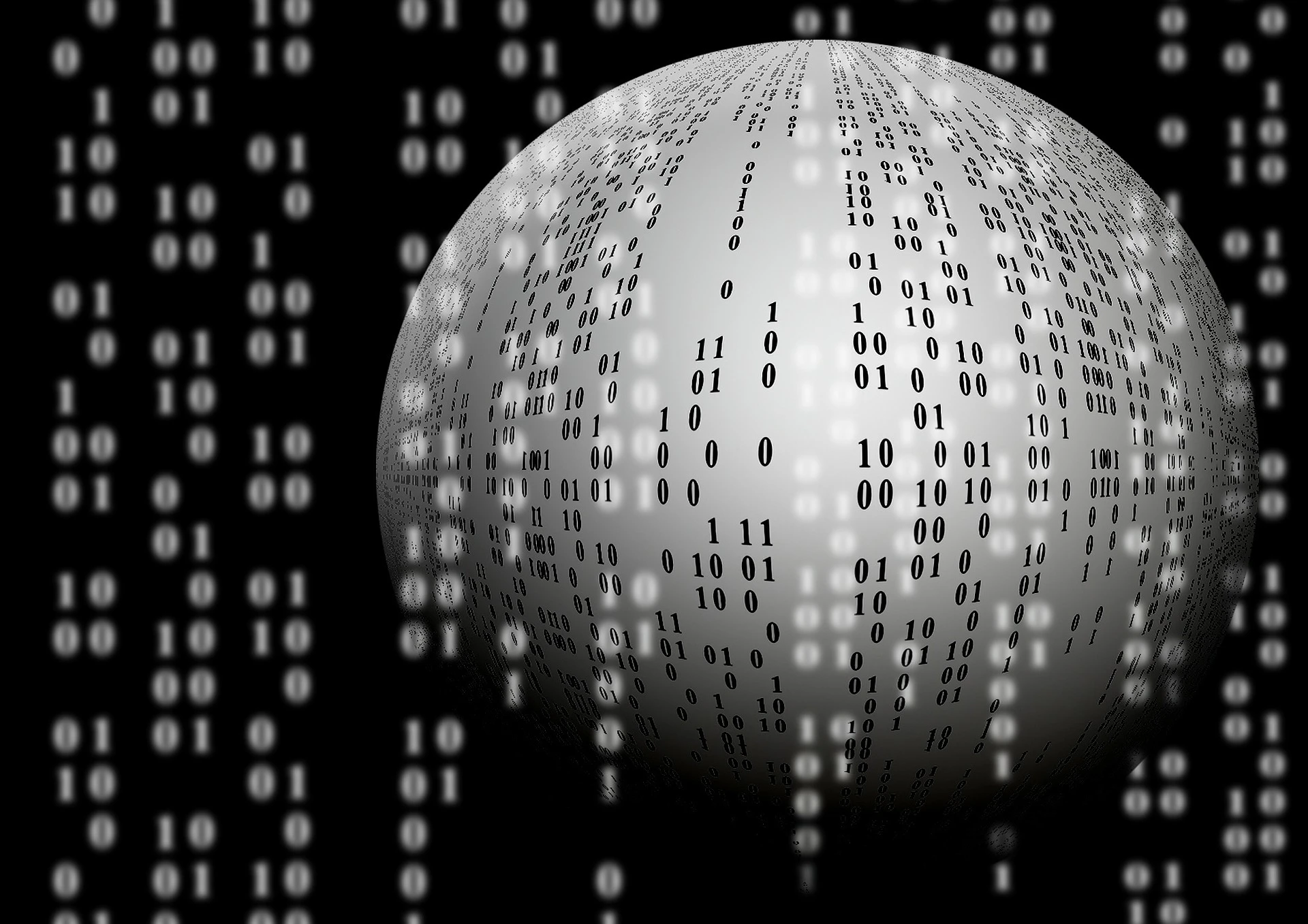
On Tuesday (May 8th), local time in the United States, Facebook officially announced the establishment of a new blockchain department, led by former Messenger application leader David Marcus (David Marcus), including former Instagram vice president of product Kay. A number of high-profile executives, including Kevin Weil and Instagrams vice president of engineering James Everingham, also joined.
secondary title
Will Facebook issue coins?
In fact, many people dont know that Facebook launched its own virtual currency - Credits as early as 2009. However, the virtual currency did not fare well and disappeared completely in 2012. According to Facebooks previous ideas, they hope that their users can use Credits to buy virtual goods in the game. Think how rich Facebook users would be now if they had chosen to use Bitcoin back then!
In fact, Facebook’s currency issuance is not groundless. There have been media speculations before that Facebook may launch an encrypted token called FBCoin, and also designed a basic operating model for this encrypted token: Facebook will pre-mine a large number of tokens, and then distribute a large amount to shareholders. Part of the tokens, and then distribute the balance to users - these users need to rely on original content to generate reliable traffic indicators in order to obtain tokens. Then, Facebook will require platform ads to be paid with FBCoin tokens.
Next, FBCoin may form a so-called secondary market, where users can sell FBCoin tokens for legal tender or other cryptocurrencies, and even peg the value of the token to the U.S. dollar based on demand and supply, and then Let those users who create content make money.
secondary title
Can digital wallets help Facebook achieve cornering overtaking in the payment field?
It is worth noting that David Marcus, head of Facebooks blockchain department, previously served as the global CEO of payment giant PayPal, and he played the role of perfecting payment services in Facebook Messenger.
Not only that, in December last year, David Marcus also joined the board of directors of Coinbase, a cryptocurrency exchange and wallet service provider. So it would make perfect sense for Facebook to launch a competing cryptocurrency wallet. Interestingly, Facebook has always been envious of WeChat, which has richer means of profit. The latter has shown people how to expand social networks and how to make money from users. This has obviously attracted Facebooks attention.
secondary title
Safe storage of data seems more reliable?
In early 2018, Mark Zuckerberg, who made blockchain technology one of his personal challenges, probably didnt expect to stumble over data privacy. After the Cambridge Analytica scandal broke out, people have also had more speculation about how Facebook uses blockchain technology. One of the typical examples is the use of blockchain technology to provide Facebook users with more control over their personal data.
Personal data blockchains must be private, otherwise everything you post could be read by everyone on the internet. But the question is, if users own their data, how does Facebook convert it to their advantage? Needless to say, Facebook did, and still does, use user data to sell and target ads. If blockchain technology is used, more new problems will follow-for example, when users decide to leave the Facebook platform, all their previous data will still be written on Facebooks blockchain, and theoretically forever Cannot be deleted.
According to previous reports from the American technology media Recode, Facebook may first use blockchain technology for encrypted data storage. So, why does Facebook need a distributed ledger for encrypted data storage, or what could they benefit from distributed ledger technology? At present, simply looking at it, it may be a more reliable reason to save costs.
Now that Mark Zuckerberg has embarked on his personal challenge of the year, can he succeed? Or, what other applications of blockchain technology do you think Facebook will have? May wish to leave a message to tell us.










